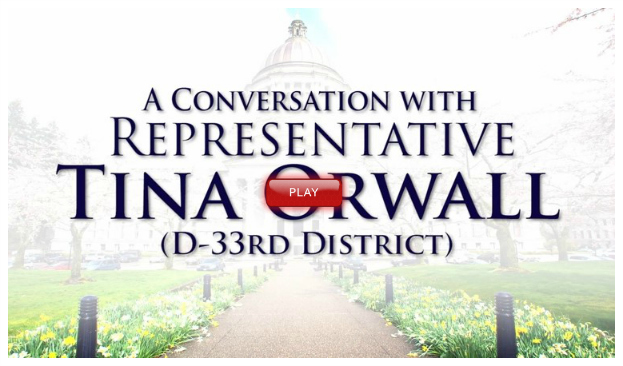Dear Neighbors,
Join us this Wednesday!
What difference can three years really make? Scientists say a lot

Last week the Institute of Medicine (IOM) released a report that strongly concludes that increasing the age for the sale of tobacco products to 21 will have a substantial positive impact on public health.
The IOM, one of the most prestigious scientific authorities in the nation, found that increasing the tobacco sale by only three years, from 18 to 21, will significantly reduce the number of adolescents and young adults who start smoking.
While three years don’t sound like much, the report found that teenagers between 15 and 17, who would no longer be able to pass for legal age, would have a harder time getting cigarettes from older classmates and friends. And because 95 percent of adult smokers start before age 21, increasing the age would actually prevent many young people from ever becoming addicted to tobacco, which generally leads to serious disease and premature death.
I am very pleased that my bill to raise the legal smoking age for tobacco and vapor products to age 21, HB 1458, is scheduled for a hearing in the House Finance Committee on March 24.
Smoking by the numbers:
- 480,000 deaths annually make it the leading cause of preventable death in the United States, accounting for nearly one in every five deaths.
- 8,700 lives lost in Washington state every year, costing the state more than $650 million in publicly funded health care costs.
- 40,000 youth aged 11-17 in Washington smoked in the past 30-days and about 30 youth begin smoking each day according to the Washington Healthy Youth Survey.
Additionally, the Healthy Youth Survey, taken every two years in Washington state by public-school students in grades 6 through 12, finds that electronic cigarette or vaping use has risen sharply among teens in King County. See this article in The Seattle Times for more details.
___________________________
Watch my Legislative Update
A conversation on testing all rape kits, DNA preservation and raising the smoking age.
We made the news!
-
Associated Press article on March 16: Washington state bill would require post-conviction preservation of DNA for felony cases
-
KUOW on March 17: Proposal Would Require Post-Conviction DNA To Be Saved
-
Seattle Times Editorial on March 18: Washington state legislators still have a chance this session to save children forced into sex trafficking
___________________________
Expanding College Opportunities

Opportunity is a major theme for the House of Representatives this session. Expanding opportunities on a variety of fronts is a priority for me and my colleagues. House Bill 1546 sponsored by Rep. Chris Reykdal is an excellent example of this effort.
Our state has two dual-credit programs, Running Start and College in the High School, which allow students to earn high school and college credits simultaneously. Some elements of these programs are provided at no cost to the students, but other costs like books and fees are the students’ responsibility. These costs can be a significant barrier for students from low-income families.
I’ve worked closely with Rep. Reykdal to address the opportunity gap in the Running Start and other dual credit programs.
HB 1546 provides much needed financial subsidies to students from low-income families so that they have a better chance of going to college. It also expands the program to high school sophomores. Currently, only high school juniors and seniors can take college-level courses.
When students take college-level courses in high school, everybody wins. Dual credit programs help families lower the cost of higher education in later years and provide greater relevance to students as they complete their K-12 education.
HB 1546 passed the House last week and is being heard in the Senate Committee on Early Learning & K-12 Education today at 1:30 p.m.
We’re coming to a point in session where it’s “do or die” for bills to be scheduled for hearings and passed out of policy committees. We are rolling up our sleeves and working on budget issues. I’m excited about our conversations on fully funding education.
Sincerely,
![]()


